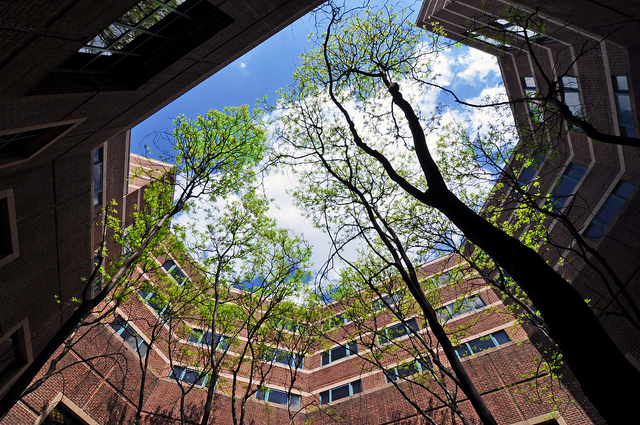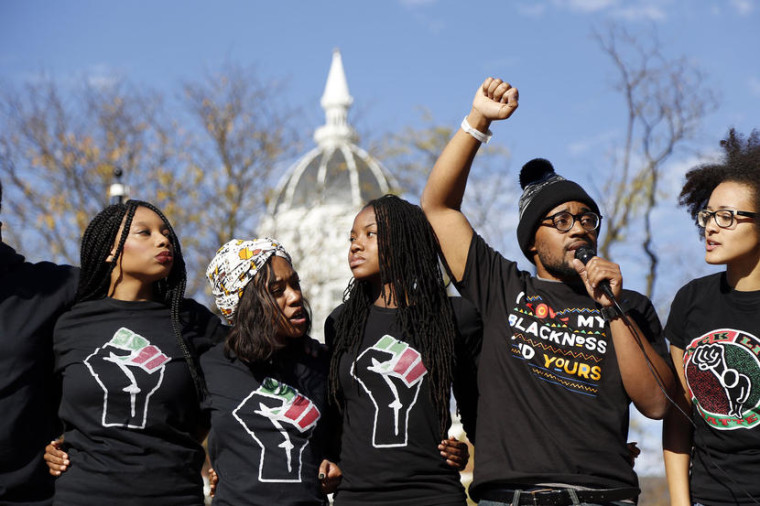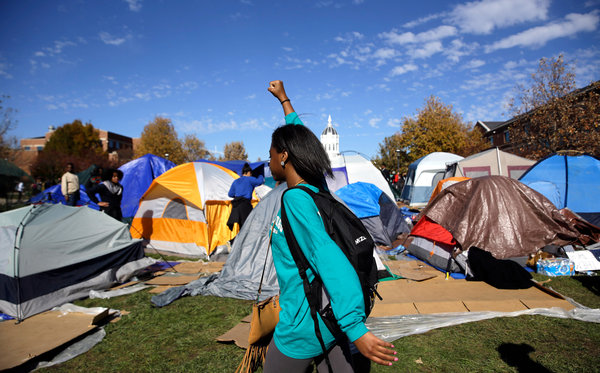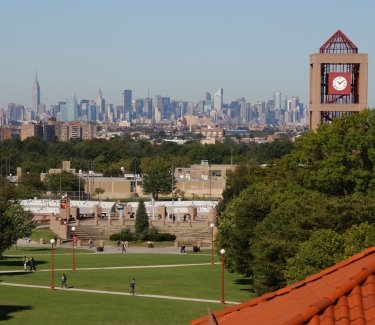In the latest uninformed higher education column in a major national newspaper, Steven Pearlstein writes about the four tough things universities should do to control costs. Pearlstein’s critiques are as tired as they are naive. He argues that all higher education needs to do is to 1) cap administrative costs; 2) Operate year-round, five days a week; 3) More teaching, less (mediocre) research; and 4) Cheaper, better general education. Geez, why haven’t we thought of that before? Of course, the reality is that these issues are far more complicated than Pearlstein suggests.

The first fundamental mistake Pearlstein makes is confusing cost and price. As I’ve written about before, the price of higher education has increased. He does mention some of the frequently touted causes by higher education faculty, administrators including administrative bloat, unproductive faculty, and a decline of state funding. Yet, these ideas as simply dismissed as a pox on all their houses.





